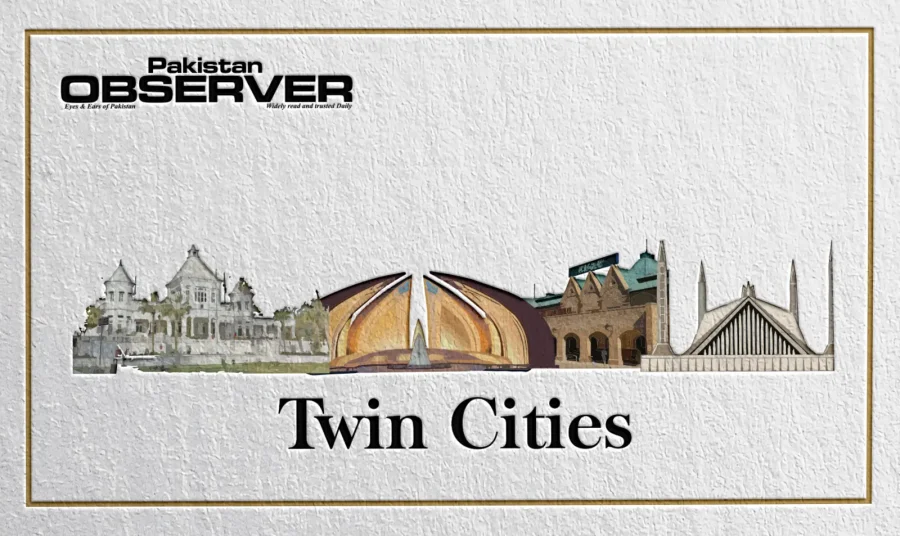Pakistan has seen a sharp rise in vehicle growth since 2000 which is a major contributor to air pollution in the country, especially in its urban areas. Rawalpindi, Islamabad, Lahore and Karachi are the most polluted cities in the country where air pollution reduces life expectancy by more than five years per person, said Fair Finance Pakistan in a statement.
The Fair Finance Pakistan reported that the reduced productivity, work absence and premature deaths from air pollution dry the revenue stream and large-scale manufacturing, costing the economy 6.5pc of the country’s GDP/year.
In a statement, Fair Finance Pakistan noted, “As populations are increasingly concentrated in urban areas, the number of people living near roadways are exposed to traffic-related air pollution from nitrogen oxide.
Studies show exposure to NO2 in confined environments, such as tunnels, increases health risks, penetrates deep into the lungs and affects human organs, including the brain and leads to neurodevelopmental disorders.
These associated health risks from air pollution translate into lower productivity and diminished individual cognitive and physical capabilities, meaning lower incomes and slow economic growth in the long run.”
Vehicular growth has happened at the cost of the human economy. Blind growth strategies, lack of emission standards, and enforcement of regulations in the road transport sector have cost citizens their lives, increased disease burden and healthcare costs mainly in urban areas.
Pakistan Economic Survey 2023-24 reports motor cars hold the largest share (4.9 million) of the 35 million registered motors in Pakistan. Big auto manufacturers in Pakistan including Indus Motors, Honda Atlas and Hyundai reported record sales in 2024 after a brief slump last year.
Car sales in Pakistan rose to 120 percent on a year to year basis in the fiscal year ending 2024. In June 2024, auto sales jumped to 13,284 units and touched an 18-month high. A stable currency and a reduction in interest rates by banks are cited as major reasons behind the rise in car sales.
In his statement, Asim Jaffry, Country Program Lead, Fair Finance Pakistan emphasized, “Air pollution is an avoidable problem. We need clear policy directions to avoid this problem.
Multilateral financial institutions should increase significant resources to help Pakistan’s private sector move towards net-zero transition. Commercial banks must include air quality in their risk assessments and sustainable due diligence before lending money to companies.”
In his message, Fair Finance Pakistan Coalition member HammadNaqi Khan, Director General, WWF Pakistan said, “Pakistan’s average PM 2.5 levels (73.7 µg/m3) are more than 14 times higher than the WHO PM2.5 annual guideline.
Every city in Pakistan included in the 2023 World Air Quality Report measured concentrations above 30 µg/m3, at least six times the recommended WHO annual PM2.5 guideline.
The government has enacted the National Clean Air Policy, Punjab Clean Air Action Policy and Punjab Smog Policy, however, there is a need for strong public-private partnerships to ensure the implementation and enforcement of these policy measures.” Fair Finance Pakistan Coalition recommends policy direction and implementation towards fuel compliance standards of Euro 6 and 7 to lessen air pollution in Pakistan.










